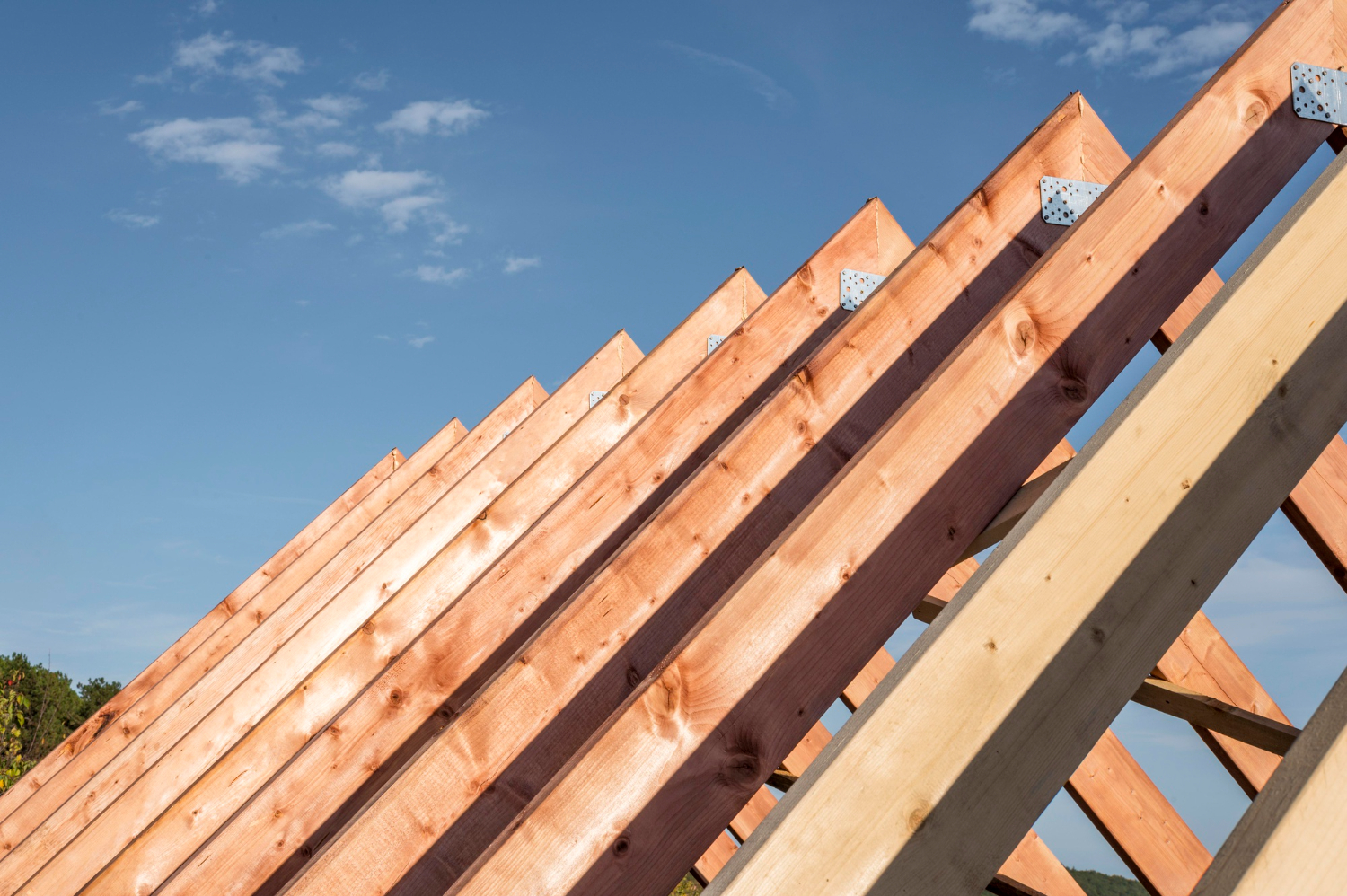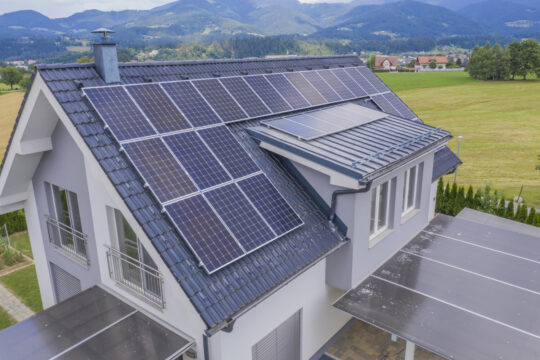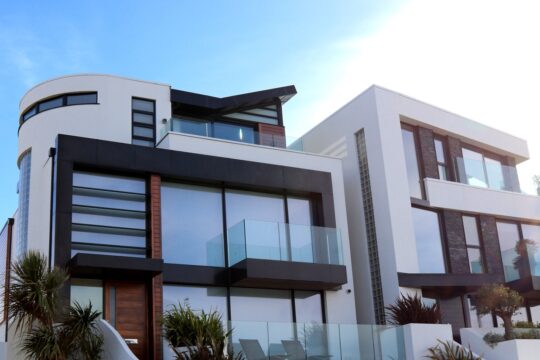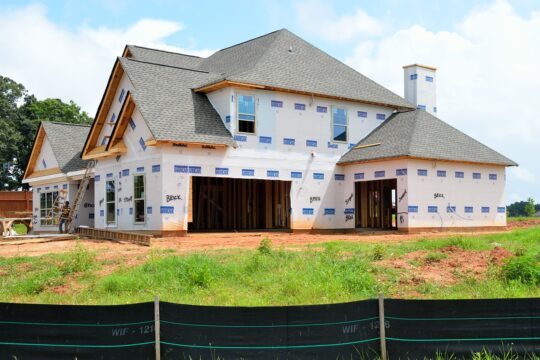
When it comes to construction materials, softwoods play a crucial role in various applications due to their unique characteristics and abundance in the natural world. Softwoods are derived from gymnosperm trees, which produce seeds without fruit coverings. These trees, commonly known as conifers, grow faster than hardwood trees, making softwoods a popular choice for a wide range of construction projects. In this article, we will explore what softwoods are and delve into the pros and cons of using them in construction.
What are Softwoods?
Softwoods are timber derived from coniferous trees, such as pine, cedar, spruce, and fir. These trees are evergreen, meaning they retain their foliage throughout the year, offering a steady supply of wood for various industries. Unlike hardwoods, which are denser and slower-growing, softwoods grow relatively quickly, making them more readily available and cost-effective.
Pros of Using Softwoods in Construction
- Abundant and Sustainable: Softwood trees are plentiful, making them a sustainable choice for construction. Responsible forestry practices, such as replanting and selective cutting, ensure a renewable supply of softwood timber.
- Cost-Effective: One of the significant advantages of using softwoods is their affordability. Due to their faster growth rate, they reach maturity quicker than hardwoods, resulting in lower production costs. This cost-effectiveness makes softwoods an excellent option for projects with budget constraints.
- Easy to Work With: Softwoods have a relatively low density, making them easier to cut, shape, and join. Carpenters and builders find softwoods more manageable, allowing for faster construction and installation processes.
- Excellent Insulation: Softwoods possess natural insulating properties, making them effective in maintaining temperature and moisture control within structures. This quality is especially beneficial in colder climates where insulation is critical for energy efficiency.
- Versatility: Softwoods offer a broad range of uses in construction. From framing and structural supports to cladding and finishes, softwoods can adapt to various roles, making them a versatile choice for builders and architects.
- Aesthetically Pleasing: Softwoods often feature attractive grain patterns and natural colours that add warmth and character to buildings and interiors. They can be left exposed or easily stained and finished to achieve the desired appearance. Moreover, when combined with the most common types of engineered wood, softwoods can provide enhanced durability and stability, making them even more suitable for a broader range of construction projects.
Cons of Using Softwoods in Construction
- Durability Concerns: While softwoods can be ideal for interior applications and non-load-bearing structures, they may lack the durability required for certain outdoor projects. Without appropriate treatment or maintenance, softwoods are more susceptible to rot, decay, and insect infestations.
- Lower Hardness and Strength: Compared to hardwoods, softwoods generally have lower hardness and strength properties. This limitation may restrict their use in certain load-bearing applications, where hardwoods or engineered materials might be more suitable.
- Surface Vulnerability: Softwoods can be more susceptible to scratches, dents, and other surface damages due to their lower density. Protective coatings or finishes are often necessary to enhance their longevity and appearance.
- Shrinkage and Swelling: Softwoods have a higher moisture content than hardwoods, which can lead to dimensional changes over time. This tendency to shrink and swell may cause issues in precision construction and requires careful consideration during design and installation.
- Environmental Concerns: While softwoods can be sustainably harvested, illegal logging and irresponsible forestry practices can still occur, contributing to deforestation and environmental degradation.
Softwoods are invaluable assets in the construction industry, offering a wide array of benefits. Their abundance, cost-effectiveness, and versatility make them a popular choice for numerous applications. However, their limitations, such as durability and strength concerns, must also be considered when deciding whether to use softwoods in a particular construction project. Through responsible sourcing, appropriate treatment, and careful planning, softwoods can continue to play a vital role in building a sustainable and resilient future for the construction industry.




